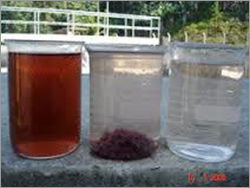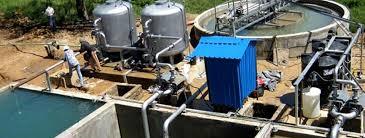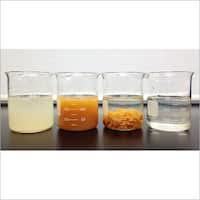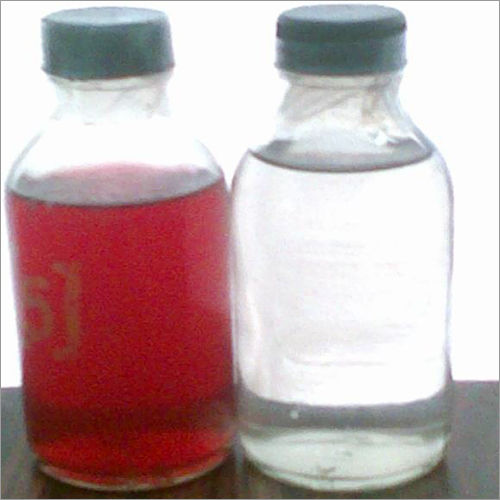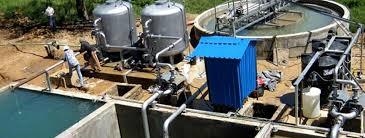
Cationic polyelectrolyte
40-350 INR/Kilograms
Product Details:
- Physical Form Liquid
- Click to View more
X
Cationic polyelectrolyte Price And Quantity
- 40-350 INR/Kilograms
- 50 Kilograms
Cationic polyelectrolyte Product Specifications
- Liquid
Cationic polyelectrolyte Trade Information
- 1000 Kilograms Per Week
- 4-5 Days
Product Description
Cationic polyelectrolyte is a type of water-soluble polymer with positively charged functional groups. It is widely used in water and wastewater treatment processes to aid in solid-liquid separation, flocculation, and coagulation. This chemical additive is effective in neutralizing negative charges on suspended particles, promoting their aggregation and facilitating their removal from the water.
FAQ:
Q: What is Cationic Polyelectrolyte?
A: Cationic polyelectrolyte is a water-soluble polymer containing positively charged functional groups along its chain structure. Its positively charged nature allows it to interact with negatively charged particles, making it effective in various water treatment applications.
Q: How does Cationic Polyelectrolyte work in water treatment?
A: In water and wastewater treatment processes, cationic polyelectrolytes are added to neutralize the negative charges on suspended particles and colloids. This neutralization leads to the formation of larger and denser flocs, facilitating the settling and separation of solid particles from the liquid phase.
Q: Where is Cationic Polyelectrolyte used?
A: Cationic polyelectrolytes find applications in various water treatment processes, including drinking water treatment, industrial wastewater treatment, municipal wastewater treatment, and sludge dewatering.
Q: What are the benefits of using Cationic Polyelectrolyte?
A: The use of cationic polyelectrolyte in water treatment offers several advantages, such as improved flocculation and sedimentation rates, enhanced solid-liquid separation efficiency, reduced chemical dosages, and enhanced water clarity.
Enter Buying Requirement Details
Other Products in 'ETP Chemicals' category
Contact Details
OSAM SPECIALITY CHEMICALS PVT. LTD.
GST : 27AAACO5324J1ZG
GST : 27AAACO5324J1ZG

Plot No. 567/568, Bhoir Compound, Val Village, Anjur Road, Bhiwandi,Thane - 421305, Maharashtra, India
Phone :08062025078

Mr. Dhiren Chhaya
(Managing Director)
Mobile :08062025078
 |
OSAM SPECIALITY CHEMICALS PVT. LTD.
All Rights Reserved.(Terms of Use) Developed and Managed by Infocom Network Private Limited. |

